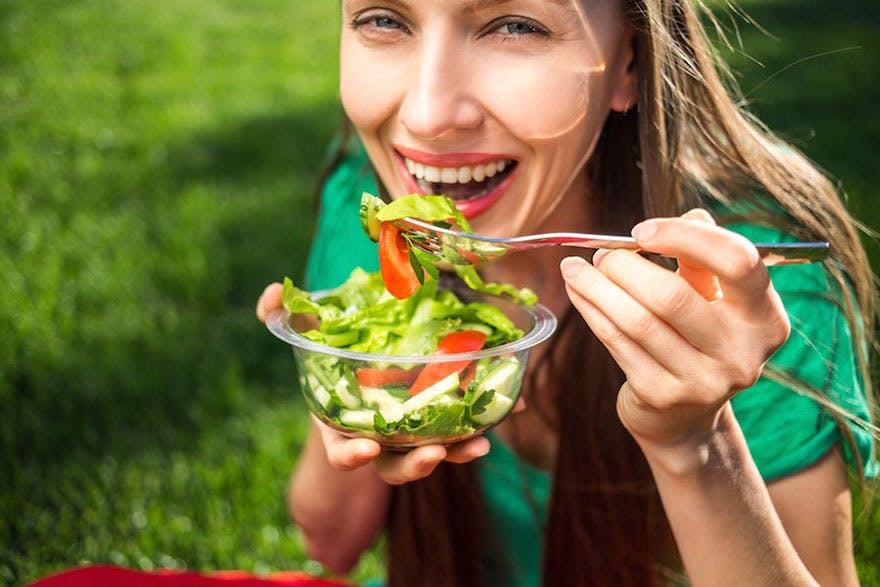Food & Diet
FOOD & NUTRITION
10.21.2014

A healthful diet combined with physical activity is the key to living a long and healthy life. While your genes, or family history, may increase or decrease your predisposition to develop certain chronic diseases, like heart disease, diabetes, or certain cancers, your diet and lifestyle play a crucial role in whether and when this predisposition is being expressed as actual disease. In other words, it’s all about postponement of disease through diet and lifestyle to an age where you succumb to aging itself rather than an age-related, preventable disease. Estimates are that 90% of lung cancer and 45% of colon cancer, the top two cancer killers in the US, are preventable by diet and lifestyle; 70-80% of stroke and heart disease, together called cardiovascular disease and the number one killer in the US; and 90% of type 2 diabetes, the prevalence of which is sharply increasing in the US as a direct result of the obesity epidemic.
My top tips for a healthful diet are:
- Eat four servings (2 cups) of fruit and five servings (2½ cups) of vegetables daily but don't include potatoes in your tally.
- To increase your intake of omega-3 fatty acids, eat fish twice weekly and consume foods rich in alpha-linolenic acid, such as walnuts, flaxseeds, and flaxseed and canola oil.
- Choose oils rich in unsaturated fats for cooking and salad dressings, such as soy, corn, safflower, and olive oil, and choose nuts (except Brazil nuts) for snacks.
- Reduce your intake of fried foods and foods high in saturated fat, such as red meat and whole-fat dairy products (butter, whole milk, and full-fat yogurt or cheese).
- To reduce your exposure to food-borne carcinogens, avoid smoked or cured foods and charred or seared fish, meat, and poultry.
- Reduce your intake of white potatoes, white flour, and white rice by substituting whole-grain products, such as whole-wheat flour and pasta, whole-grain breads and cereals, and brown rice.
- Avoid highly processed, nutrient-poor foods, such as cookies, candies, chips, crackers, soft drinks, and sugar-coated breakfast cereals, that are typically high in sugar, hydrogenated (trans) fat, or sodium.
Disclaimer
This information is made available with the understanding that the author and publisher are not providing medical, psychological, or nutritional counseling services. The information is not intended as medical advice for individual problems and should not be used in place of a consultation with a competent health care or nutrition professional. Liability for individual actions or omissions based upon the information is expressly disclaimed.
Image Credits: SunCity/Shutterstock.com
Recommended Articles
The 5 Best Foods That Will Help Supercharge Your Brain
Amidst our busy schedule, it's important to retain our focus and memory. Resting alone is not...
Iron deficiency is a lot more common than you would think. A recent survey by SATA CommHealth(i...
Mars vs Venus: Understanding the His and Hers of Nutritional Needs
Mars vs Venus: Understanding the His and Hers of Nutritional Gaps Although their DNAs are...






